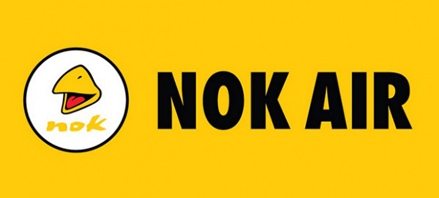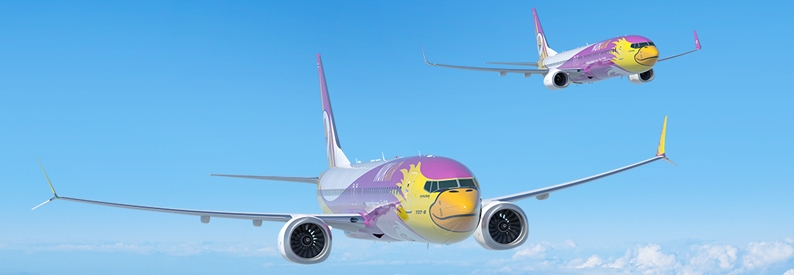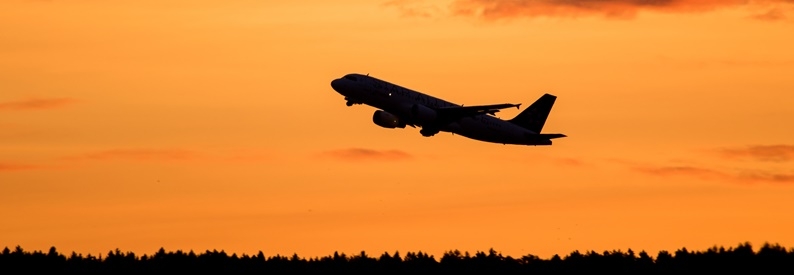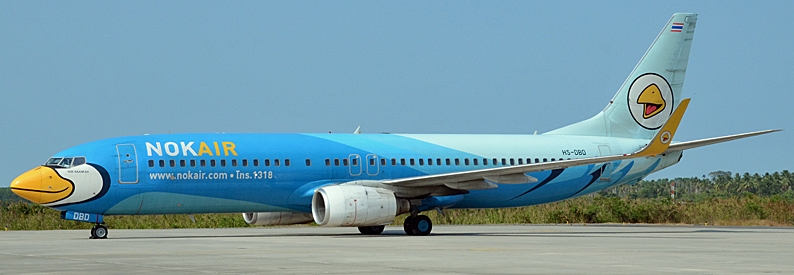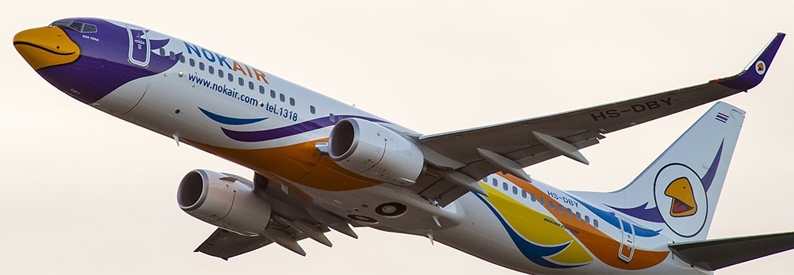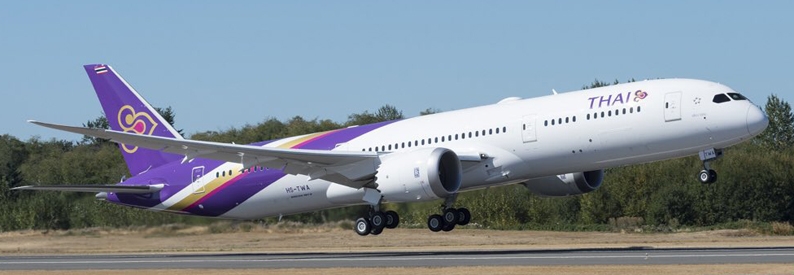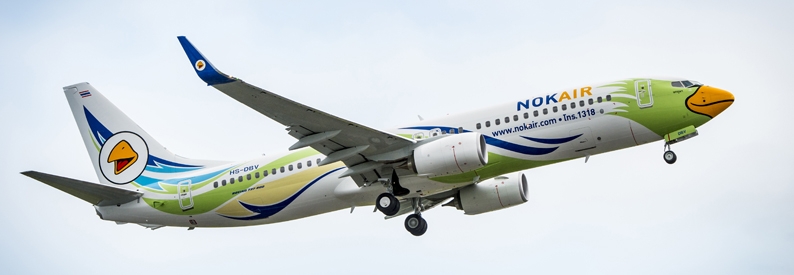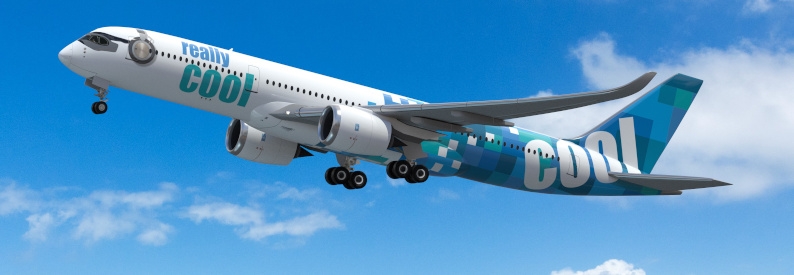Following the Stock Exchange of Thailand (SET) warning of a possible delisting, Nok Air (DD, Bangkok Don Mueang) is ramping up its restructuring efforts. The new strategies, announced in a September 16 filing to the SET, go beyond the steps agreed to under the court-supervised business rehabilitation process that the airline is currently working through.
Nok Air CEO Wutthiphum Jurangkool said in the filing that a fresh focus on capital restructuring, debt restructuring, and some operational changes would avoid the possibility of delisting and deliver better value for shareholders, including parent company Thai Airways International (TG, Bangkok Suvarnabhumi).
"The Company has plans for capital restructuring by increasing the capital according to the rehabilitation plan to ensure that the Company’s business will resume efficiently and get the most benefit, which will drive the shareholder equity to become greater than zero," said the CEO.
The debt restructuring process will now include an "improvement of fleet and type of aircraft utilization," with a bigger focus on international routes to target larger revenues, including opening a new route to Taipei Taoyuan and unspecified cities in India by the end of 2022. Frequencies on existing international sectors to Ho Chi Minh City and Yangon are also increasing. Presently, between 85%-90% of Nok's passengers are Thai locals, a customer base the CEO wants to broaden.
Coinciding with the SET update, Nok Air said it was axing the domestic Bangkok Don Mueang - Yala Betong and Chiang Mai - Nakhon Ratchasima routes, the latter only launched in early August. However, Jurangkool says overall, flight frequencies will increase by 14%. He's also keen to increase aircraft utilization rates from the current eight hours per day to around 11-12 hours.
In July, ch-aviation reported that Nok Air was eyeing opening a Bangkok Suvarnabhumi base and was keen on acquiring additional B737-800s. According to the ch-aviation Commercial Aviation News, Operator & Airport Data module, Nok Air is now flying to 29 destinations in four countries using a fleet of four DHC-8-Q400s and thirteen B737-800s. All but one of the B737s are leased.
Since the onset of Covid-19, Nok Air has retired six B737-800s and five DHC-8-Q400s. But the CEO told Thai media this week that the six B737-800s would be returned to service, with one scheduled to return later this year and the remaining five as market conditions require. He added that while the airline market in Thailand is recovering, the airlines based there aren't out of the woods yet, and ongoing government assistance is required. Jurangkool used this week's media rounds to call on the Thai government to consider reducing or waiving aviation-related fees.
In addition to amending aircraft leases and restructuring existing debt which are standard aspects of the business rehabilitation process, Jurangkool said there will be a focus on improving technology, service, promotions, and cargo capabilities at Nok Air. This week, the airline also confirmed that ST Engineering had secured a five-year maintenance-by-the-hour (MBH) of its B737-800 fleet.
Noting the improvement in travelling conditions and a broader recovery in global aviation, Jurangkool says Nok Air is "confident that it is in the better direction and return to normal business operations with improved performance."
- Type
- Base
- Aircraft
- Destinations
- Routes
- Daily Flights
